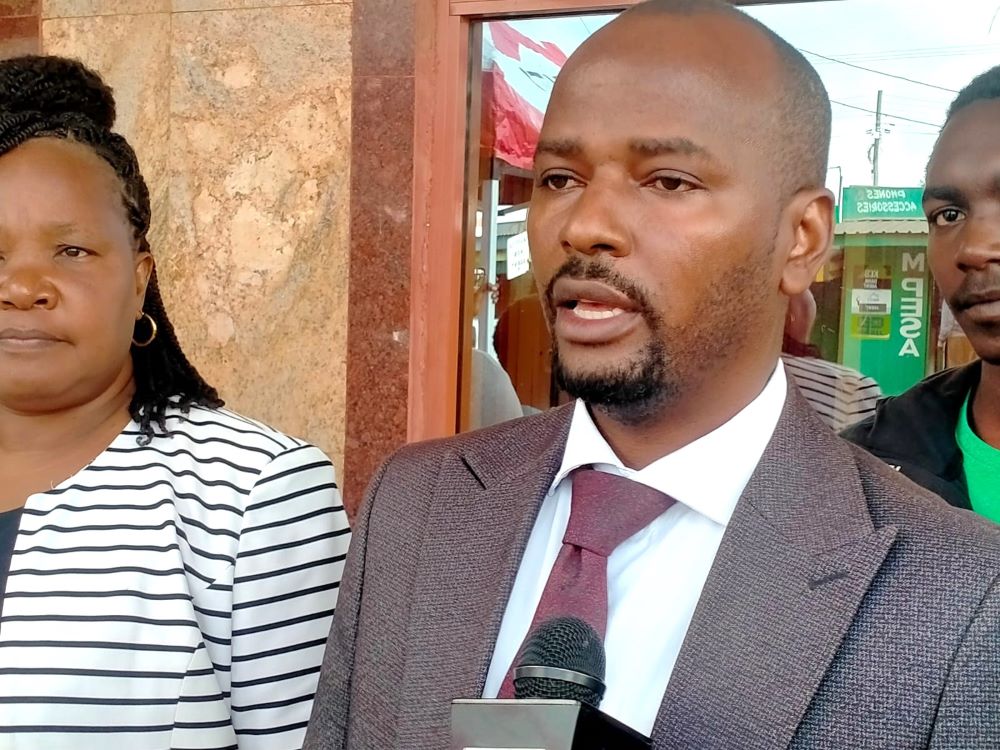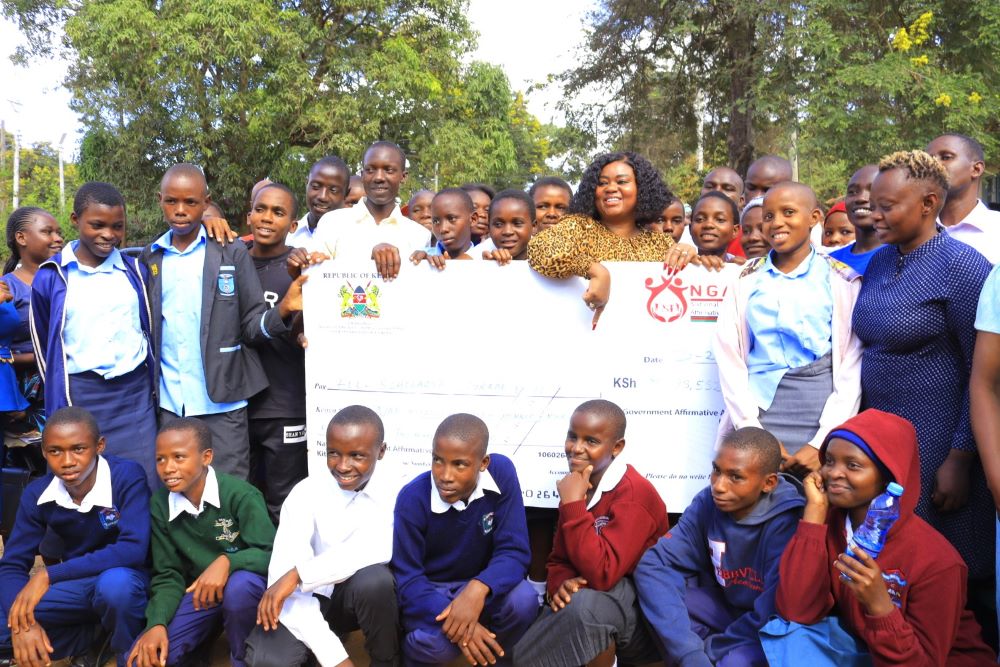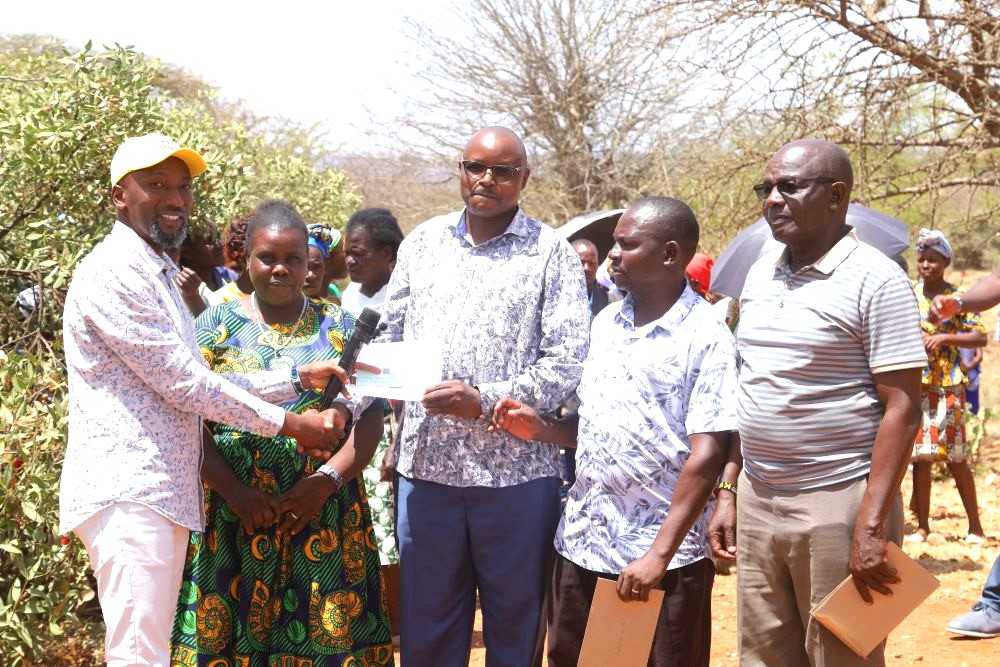As we celebrate Madaraka Day, a pivotal moment in Kenya’s journey to self-governance, it is essential to reflect on the progress and challenges within our education sector.
Education is the cornerstone of national development, and addressing its current issues can pave the way for a brighter future.
One critical area needing attention is the equitable access to quality education. Despite progress, disparities persist between urban and rural schools. Ensuring all children, regardless of their socio-economic background, have access to quality education is fundamental. This includes addressing infrastructure deficits by investing in classrooms, libraries, laboratories, and ICT facilities, which are often lacking in remote areas.
Curriculum reform is another vital issue. The world is rapidly changing, and our education system must keep pace. This involves integrating practical and technical skills alongside traditional academic knowledge. By updating the curriculum, we can better prepare students for the demands of the modern global economy.
Teacher training and welfare also demand urgent action. Improving training programmes to incorporate modern teaching methods will enhance education quality. Additionally, addressing teacher welfare is crucial for attracting and retaining qualified professionals, ensuring that our children receive the best education possible.
Inclusivity in education cannot be overlooked. Promoting policies that cater to students with disabilities and providing necessary support for special needs education are essential steps towards an inclusive society. Similarly, integrating technology into classrooms and enhancing digital literacy will prepare students for the digital age, bridging the gap between different regions and socio-economic groups.
Policy and governance reforms are necessary to ensure accountability and efficiency within the education sector. Engaging all stakeholders—parents, communities, and the private sector—in educational development can foster a more collaborative and effective system. Increasing government funding and encouraging private sector investment through public-private partnerships can significantly boost resources and infrastructure.
Lastly, addressing the mental health and well-being of students and teachers is crucial. Providing counselling services and creating a supportive school environment can enhance learning outcomes and overall development.
On this Madaraka Day, let us commit to these educational reforms, ensuring that every Kenyan child has the opportunity to thrive and contribute to the nation’s future.
YOU MAY ALSO READ:
President Ruto lauds Kenyatta University for designing a specialized military programme
By Tonny Kyule
You can also follow our social media pages on Twitter: Education News KE and Facebook: Education News Newspaper for timely updates.
>>> Click here to stay up-to-date with trending regional stories






